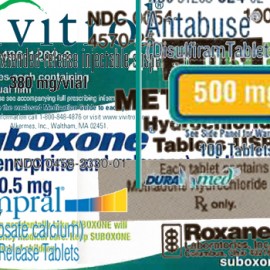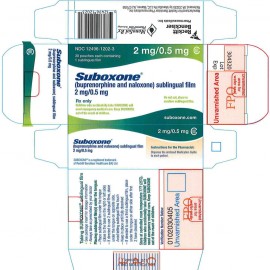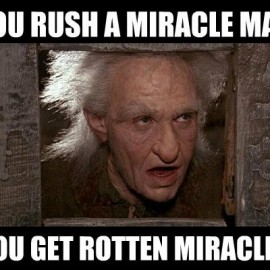Treatment
Twenty-Eight Days
As any case manager knows, making a referral can be a challenge, since many fall by the wayside during transition to another provider, different therapist, etc.
Topics: detoxification, inpatient treatment, opioids, treatment models, types of treatment
Pharmaceutical “Cures”
From a patient’s viewpoint, physicians can be somewhat blase’ about risks associated with a medication.
Topics: alcoholism, prescription medications, treatment models
In the News: Kaos Around Kratom
It may be that kratom is a drug that some can use without much difficulty, while for others, it becomes pathological.
Topics: kratom, MAT, opioids, treatment models
Three Challenges
Like a stroke patient who suddenly finds himself needing to relearn basic skills that were once automatic, it may require a level of personal commitment unseen for many years.
Topics: assessment, client engagement and motivation, counseling skills, outpatient treatment, relapse
Trends in Cannabis Consumption
One in three users reported daily or near-daily consumption, close to triple what it was in the early 1990’s.
Topics: cannabis
Methadone Maintenance and Crime
So even if drug use decreases, and clients continue on methadone, they don’t necessarily make the other much-desired (by society) changes — such as giving up crime.
Topics: addiction medications, harm reduction, MAT, opioids, treatment models
Boxing
I’m sure some is used to suppress withdrawal, but if it’s possible to get high, then you have to figure people are doing that, too.
Topics: addiction medications, MAT, opioids
What My Treatment Center Did Right
Treatment is a formative time for a recovering addict—the ideas that seem to save us end up staying with us.
Topics: 12Step, disease, tools for recovery
Open the Buprenorphine Tap?
Many physicians don’t want to offer opioid maintenance. They’re happy to refer out, to an addictionologist or psychiatrist with training.
Topics: addiction medications, MAT, opioids, physicians, prescription medications
Miracle Max
Clinicians… feel as if they’re always missing at least one extremely important tool that would make all the difference.
Topics: barriers to recovery, relapse, therapies and tools
















